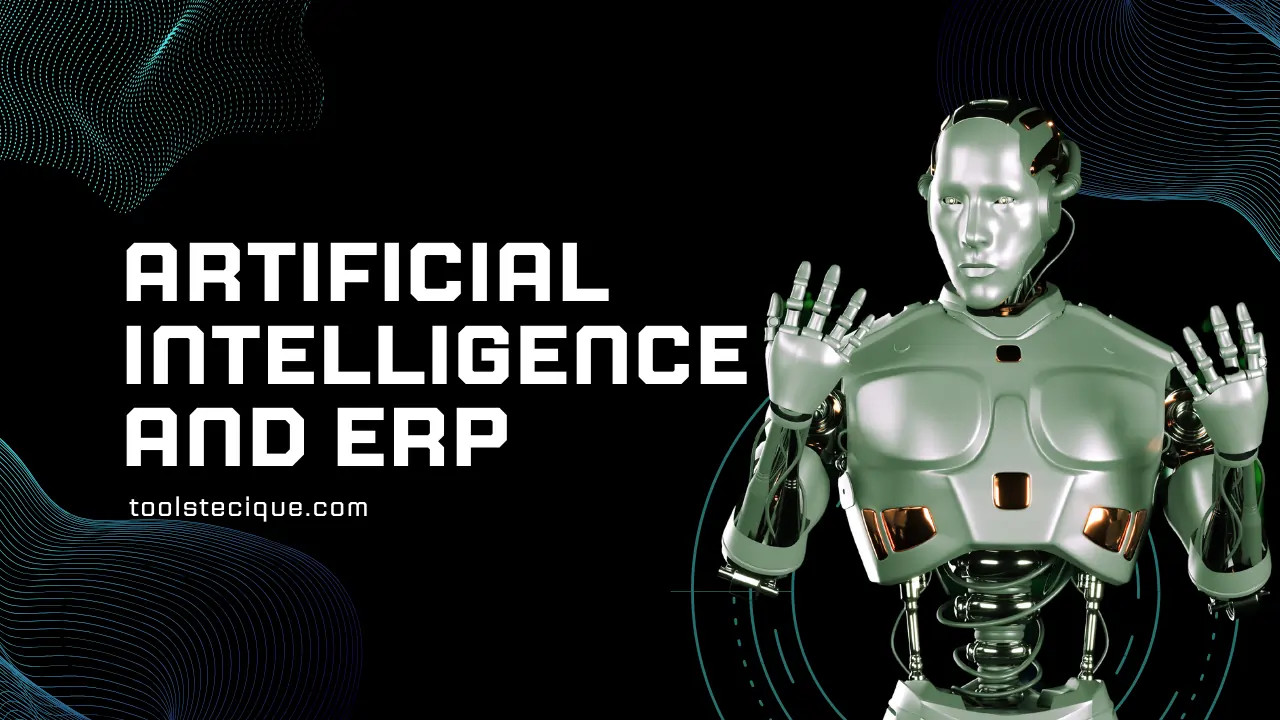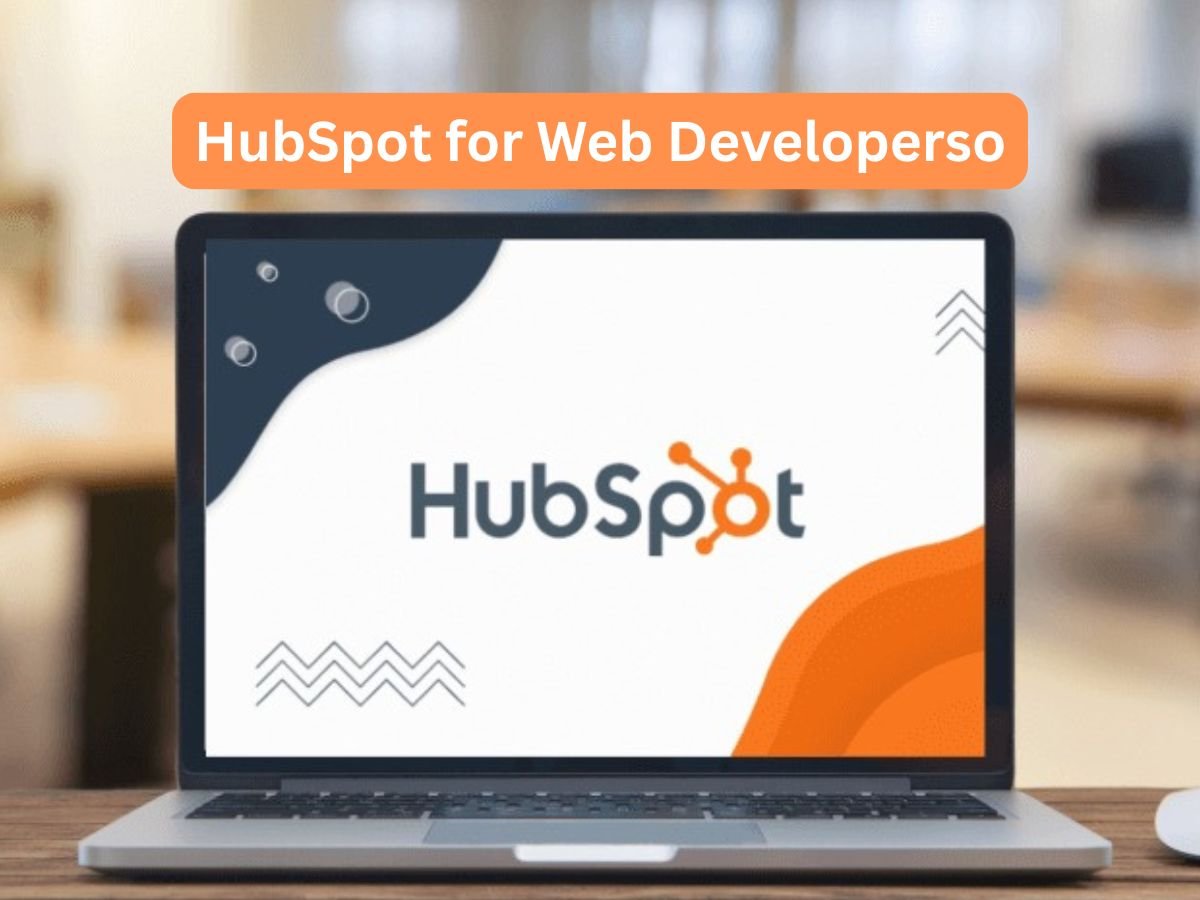Introduction
The digital revolution has transformed the way businesses operate, with artificial intelligence (AI) and enterprise resource planning (ERP) systems leading the charge. While ERP systems consolidate and streamline core business functions, AI enhances their potential by introducing predictive analytics, automation, and machine learning capabilities.
Together, they are reshaping industries by improving operational efficiency, reducing costs, and enabling smarter decision-making.
In this article, we’ll explore what ERP systems are, how AI integrates with them, and the transformative impact this synergy has on businesses.
Understanding ERP Systems
An Enterprise Resource Planning (ERP) system is a software solution designed to integrate and manage core business processes across an organization. From financial management to supply chain logistics, ERP systems provide a centralized platform for data-driven decision-making.
Core Components of ERP Systems:
1. Finance and Accounting: Manage budgets, track expenses, and ensure financial compliance.
2. Human Resources: Streamline payroll, recruitment, and employee data management.
3. Supply Chain Management: Oversee procurement, inventory, and logistics.
4. Customer Relationship Management (CRM): Enhance customer interactions and sales processes.
5. Production and Manufacturing: Optimize production planning, scheduling, and inventory control.
While ERP systems are powerful, their true potential is unlocked when combined with AI technologies.
The Role of Artificial Intelligence in ERP
AI brings cognitive capabilities to ERP systems, enabling them to analyze vast datasets, recognize patterns, and make data-driven recommendations. Unlike traditional ERP systems that rely on manual inputs, AI-powered ERP solutions are dynamic and adaptive.
Key Features of AI in ERP:
– Predictive Analytics: Forecast trends and anticipate challenges.
– Natural Language Processing (NLP): Enable voice or text-based interactions.
– Machine Learning: Improve processes through continuous learning and adaptation.
– Robotic Process Automation (RPA): Automate repetitive tasks like invoice processing.
Benefits of AI-Driven ERP Systems
The integration of AI with ERP systems offers numerous advantages:
1. Enhanced Decision-Making
AI processes large volumes of data in real-time, offering actionable insights that drive better business decisions. For example, it can forecast customer demand or suggest optimal inventory levels.
2. Increased Productivity
By automating mundane tasks such as data entry or report generation, AI allows employees to focus on more strategic initiatives.
3. Improved Customer Experience
AI-powered chatbots integrated into ERP systems provide instant responses to customer queries, improving satisfaction and retention rates.
4. Operational Efficiency
AI algorithms identify inefficiencies in workflows, suggesting improvements to optimize operations.
5. Fraud Detection and Risk Management
AI can monitor transactions for anomalies, flagging potential fraud or compliance issues before they escalate.
You may also like : AIA Artificial Intelligence – Future of Smart Technology
How AI is Revolutionizing ERP Across Industries
1. Manufacturing
AI-powered ERP systems enable predictive maintenance, reducing downtime and improving equipment lifespan. They also enhance supply chain efficiency by forecasting demand with precision.
2. Retail
Retailers leverage AI in ERP to track customer preferences, optimize inventory, and create personalized shopping experiences.
3. Healthcare
In healthcare, AI-driven ERP systems streamline patient data management, optimize resource allocation, and improve care delivery.
4. Finance
Financial institutions use AI-integrated ERP solutions to detect fraud, predict market trends, and automate compliance reporting.
You may also like: How Ava Artificial Intelligence Is Transforming Our World?
Real-World Applications of AI in ERP
1. Predictive Maintenance
AI algorithms analyze historical equipment data to predict failures, enabling proactive maintenance. This reduces costs and minimizes disruptions in production.
2. Inventory Optimization
AI evaluates sales trends, seasonal demands, and supply chain data to suggest optimal inventory levels, ensuring stock availability without overstocking.
3. Employee Retention
AI helps HR teams identify patterns in employee performance and satisfaction, enabling targeted interventions to improve retention rates.
4. Financial Insights
AI-powered ERP systems provide accurate financial forecasts by analyzing economic trends and historical performance data.
You may also like: Artificial Intelligence and Knowledge Management
Overcoming Challenges in AI-ERP Integration
Despite its advantages, integrating AI with ERP systems poses challenges. Here’s how to address them:
1. High Implementation Costs
Start with modular AI features that can be scaled as your business grows.
2. Data Security Concerns
Ensure your ERP system complies with industry standards for data protection, such as GDPR or HIPAA. Implement robust encryption and multi-factor authentication.
3. Employee Resistance
Provide training programs to help employees understand and adapt to AI technologies. Highlight the benefits, such as reduced workload and improved decision-making.
Future Trends in AI and ERP Integration
1. Hyper-Automation
The combination of AI, robotic process automation (RPA), and ERP will automate complex end-to-end processes, reducing human intervention.
2. Voice-Activated ERP Systems
AI-driven voice assistants will allow users to interact with ERP systems using natural language commands, improving accessibility and efficiency.
3. Integration with IoT
ERP systems will leverage IoT devices to gather real-time data from equipment and sensors, enhancing decision-making and operational efficiency.
4. Self-Learning ERP Systems
Future ERP systems will continuously learn from user interactions and improve their functionality over time.
FAQs
1. What are the benefits of combining AI and ERP?
The integration of AI with ERP systems enhances decision-making, automates tasks, improves customer experiences, and optimizes operations.
2. Are AI-powered ERP systems suitable for small businesses?
Yes, many AI-powered ERP solutions are scalable and customizable, making them accessible to small and medium-sized businesses.
3. How does AI improve decision-making in ERP?
AI analyzes large datasets to identify patterns, predict trends, and provide actionable insights that help businesses make informed decisions.
4. What industries benefit most from AI in ERP?
Industries like manufacturing, retail, healthcare, and finance experience significant benefits from AI-enhanced ERP systems.
5. What are the security risks of AI in ERP?
While AI-powered ERP systems are generally secure, risks like data breaches or unauthorized access can occur. Implementing robust security measures can mitigate these risks.
Conclusion
The integration of artificial intelligence and ERP systems is revolutionizing the way businesses operate. By automating processes, providing predictive insights, and enhancing decision-making, AI-powered ERP solutions deliver unparalleled value. Whether you’re a small business or a multinational corporation, embracing this technology is crucial for staying competitive in today’s dynamic market.
As AI continues to evolve, its role in ERP systems will only grow, paving the way for smarter, more efficient business operations. Now is the time to invest in this transformative technology to future-proof your organization.












1 thought on “Artificial Intelligence and ERP: Transforming Business Efficiency”